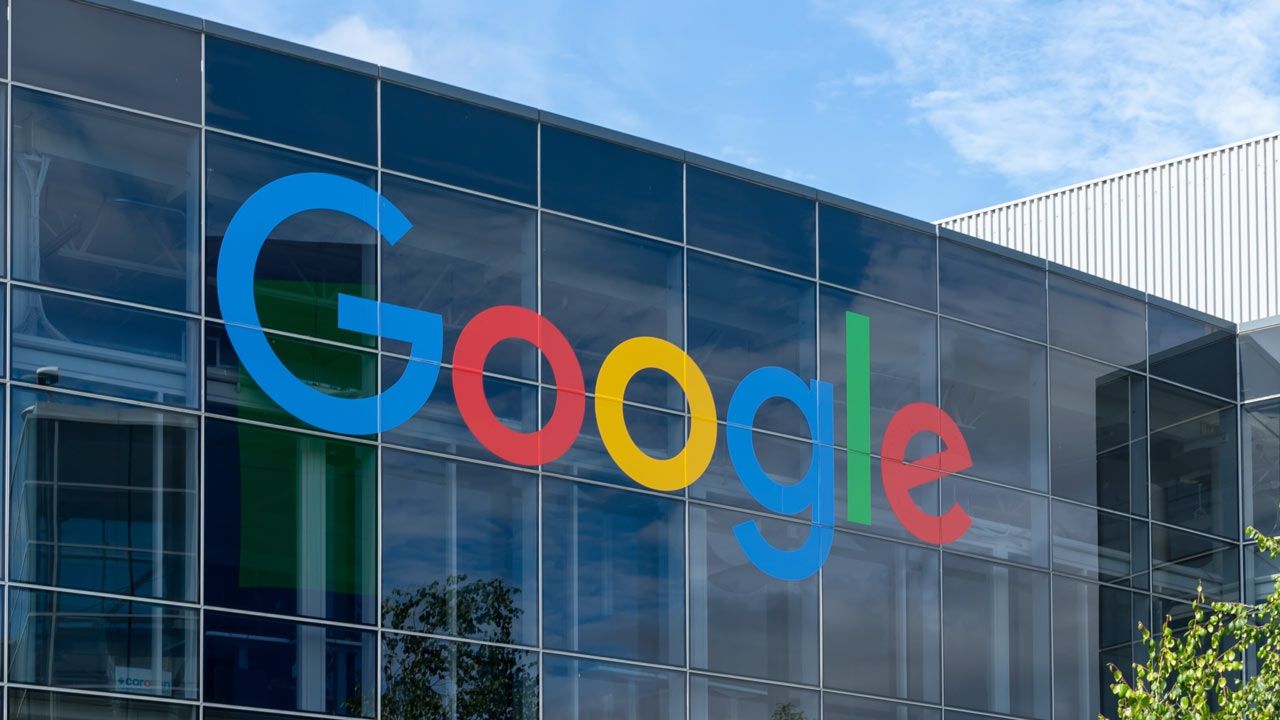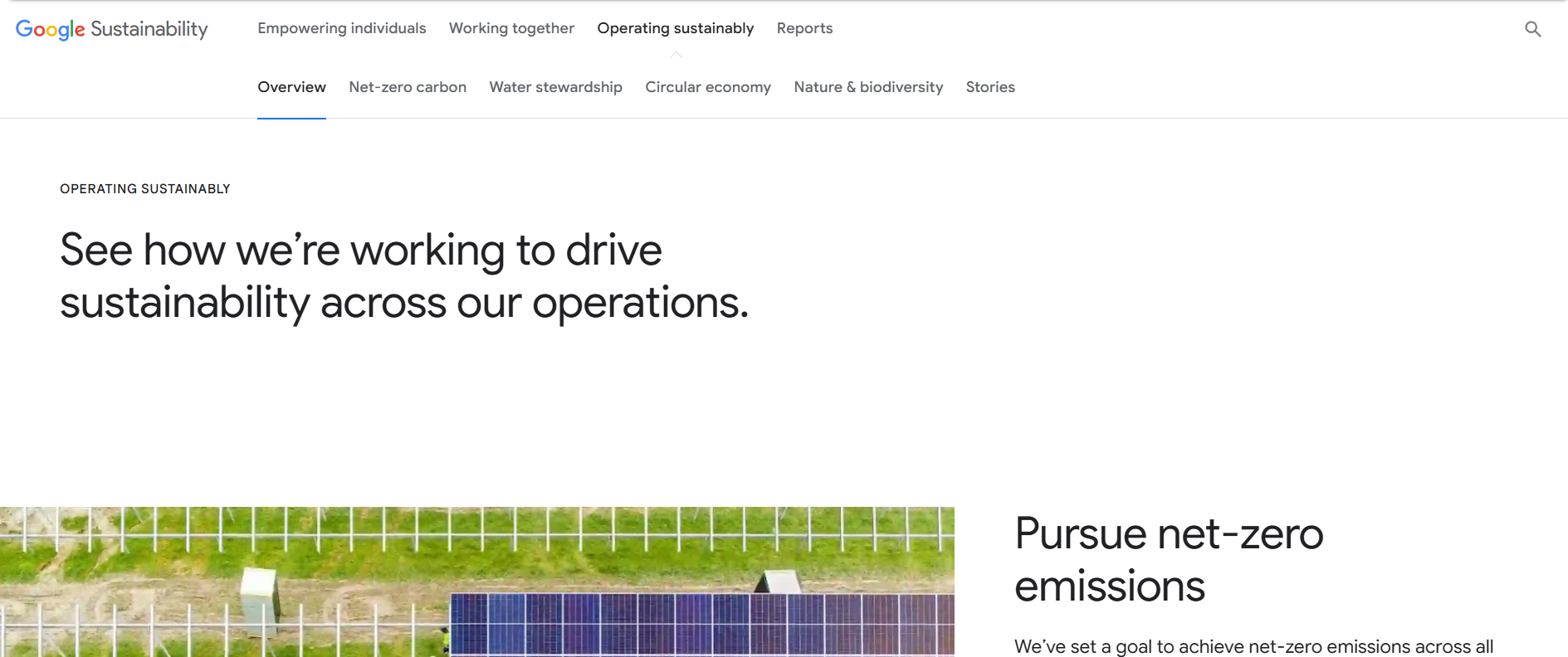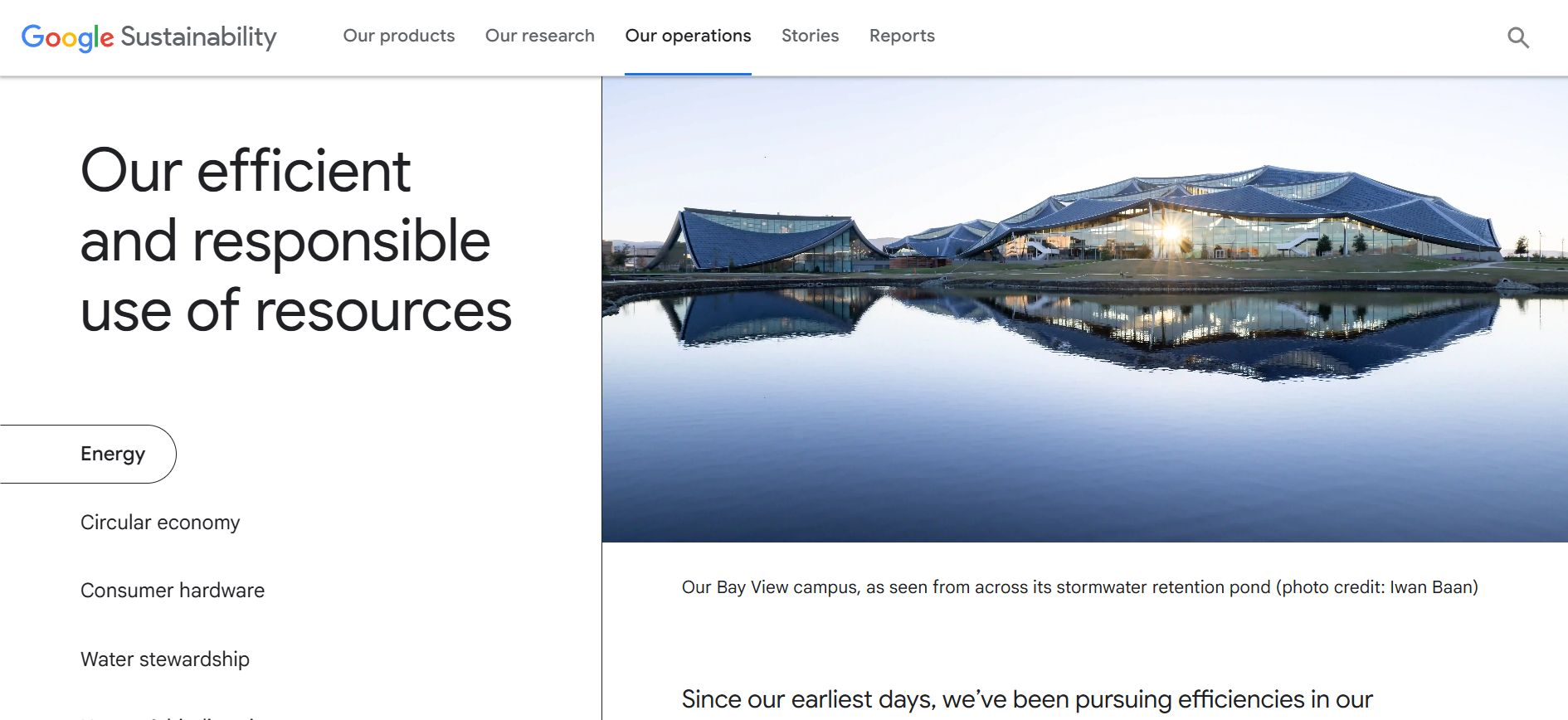
It appears that Google is starting to hide its internal climate advocacy goals from the public eye. The internet titan has silently removed its goal to "pursue net-zero emissions" across all operations by 2030 from its Sustainability webpage, as first spotted by Canada's National Observer.
An update to Google Sustainability's "Operating sustainably" landing page, now renamed to "Our operations," has removed its first headline broadcasting Alphabet Inc.'s long-stated goal to achieve net-zero emissions across its operations and value chain by 2030. The new page adds details on Google's sustainability goals in recent hardware releases, but shirks any mention of a net-zero climate policy or a carbon footprint beyond the aluminum used in constructing Google Pixel phones.


After the National Observer first reported on the change, a spokesperson from Google clarified the company's carbon emission policy. "Our most recent environmental report shows a 12% reduction in data center energy emissions in 2024," reads the press statement. "This was achieved by bringing new clean energy online, even amidst increased energy demands. In 2021, we set out an ambition to reach net-zero emissions across all of our operations and value chain by 2030. We continue to work towards this ambition.”
Likewise, Google's Data Centers Sustainability webpage also maintains the net-zero carbon by 2030 pledge is still in place at the firm. But the wording around it has now shifted to framing the goal as more of a moonshot than a guarantee. This was seen as inevitable by many as in 2023 and 2024, Google transitioned away from its practice of buying carbon offsets to achieve a "technically carbon neutral" status, now striving for a more robust and substantial carbon effort.
Possible Reasons Behind the Change
Still, seemingly hiding the net-zero verbage from view on its flagship sustainability website is a noteworthy choice by Google. Two major shifts in 2025 may have something to do with the decision: Google's spiraling AI energy costs and the U.S. government's crackdown on climate change initiatives.
Google and other AI hyperscalers have been continually purchasing and building data centers to meet perceived AI demands since the field opened wide last year. As a result of Google's major strategy shift towards AI, the company announced that its greenhouse gas emissions climbed by 48% in the past year, noting then that this boom would make the 2030 goal a challenge.
On the other hand, the Trump administration has been advancing its strategy on climate action and carbon emissions. After taking down a number of government websites discussing climate change upon coming into power, the U.S. government has begun championing the use of "incredibly clean" coal power plants."
Now that Google seems to be officially considering its climate plans as a long shot more than a real commitment, what its path forward looks like will likely be somewhat in flux.
Follow Tom's Hardware on Google News, or add us as a preferred source, to get our up-to-date news, analysis, and reviews in your feeds. Make sure to click the Follow button!







